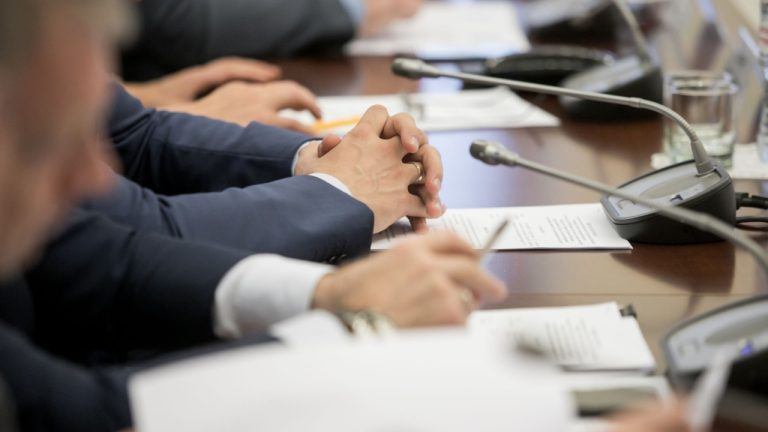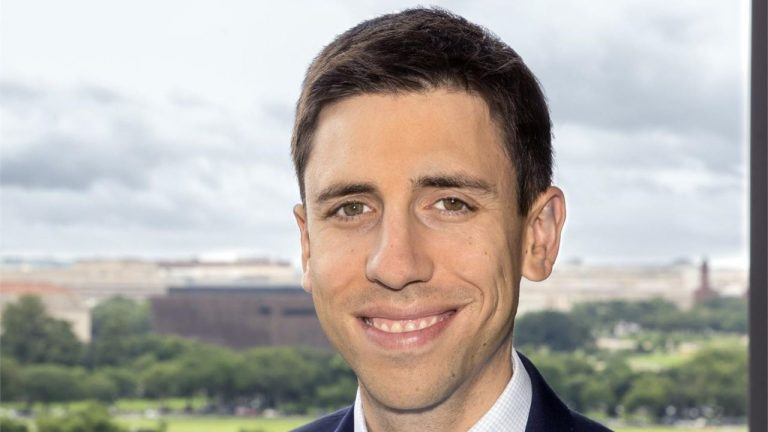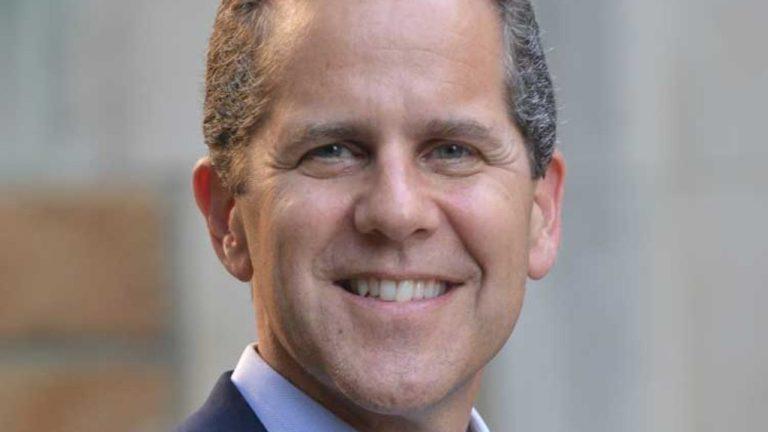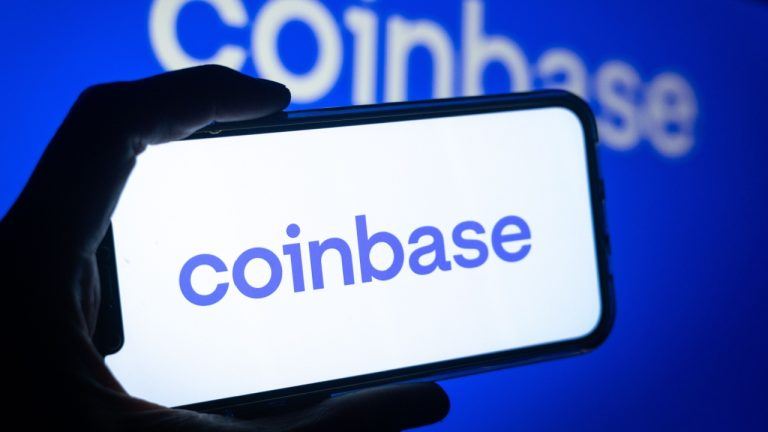
A high-profile CEO in the crypto space reportedly says that an American bank suddenly decided to shut the company out from banking services, supporting previous rumors of “de-banking” in the digital asset industry. Anchorage Digital CEO Nathan McCauley says that a bank – who is yet to be named – essentially turned off their bank […]
The post Unnamed US Bank Turned On a Dime To Refuse Service to Crypto Firm Anchorage Digital, According to CEO: Report appeared first on The Daily Hodl.
 The House Oversight Committee is investigating claims that banks are shutting out crypto firms and individuals, citing political bias and regulatory overreach as key concerns. House Committee Investigates Whether Banks Are Quietly Crushing Crypto Firms The House Committee on Oversight and Government Reform announced on Jan. 24 that it is investigating the debanking of individuals […]
The House Oversight Committee is investigating claims that banks are shutting out crypto firms and individuals, citing political bias and regulatory overreach as key concerns. House Committee Investigates Whether Banks Are Quietly Crushing Crypto Firms The House Committee on Oversight and Government Reform announced on Jan. 24 that it is investigating the debanking of individuals […]
The United States House Committee on Oversight and Government Reform is launching a probe into allegations that US banks were de-banking prominent members of the crypto industry. In a letter addressed to Uniswap Labs CEO Hayden Adams, Andreessen Horowitz partner Marc Andreessen, Coinbase CEO Brian Armstrong, Lightspark co-founder David Marcus, Kraken CEO Dave Ripley and […]
The post House Oversight Committee To Investigate Allegations of ‘Debanking’ From Crypto Industry appeared first on The Daily Hodl.

"You must ensure your staff cease and desist destruction of all materials and end retaliatory actions immediately," Lummis wrote.
Wyoming Senator Cynthia Lummis sent a letter to the Federal Deposit Insurance Corporation (FDIC) claiming that whistleblowers informed her that the agency allegedly destroyed documents related to Operation Chokepoint 2.0.
Lummis instructed the government agency to cease the destruction of documents and preserve all records related to "digital asset activities," including the supervision of Signature Bank and the liquidation of Silvergate Bank. The Senator warned the FDIC:
Operation Chokepoint 2.0 — a concerted effort to cut off crypto-related firms from banking services — widely impacted the industry in multiple countries and was a major pain point for industry advocacy groups during the 2024 United States election.
 The comments were part of a speech on Friday titled “Charting a New Course.” Did the FDIC Just Confess to Crypto Debanking? Federal Depositary Insurance Corporation (FDIC) Vice Chairman Travis Hill delivered a speech on Friday condemning the agency’s “Choke Point-like tactics” and urging the organization to take “a new approach to digital assets.” Hill’s […]
The comments were part of a speech on Friday titled “Charting a New Course.” Did the FDIC Just Confess to Crypto Debanking? Federal Depositary Insurance Corporation (FDIC) Vice Chairman Travis Hill delivered a speech on Friday condemning the agency’s “Choke Point-like tactics” and urging the organization to take “a new approach to digital assets.” Hill’s […]
The vice chairman of the Federal Deposit Insurance Corporation says the regulator needs a “new direction” – and that he expects it to begin later this month. In a new speech, Vice Chairman Travis Hill acknowledges that the FDIC sent “pause” letters to over 20 banks, asking them to stop doing business with crypto firms […]
The post FDIC Vice Chairman Calls for Clear and Transparent Crypto Regulation Following Trump Inauguration appeared first on The Daily Hodl.
 Barr has served as the Fed’s vice chair for supervision since July 2022 and was widely regarded as one of the chief architects of Operation Choke Point 2.0, an alleged government effort to undermine the crypto industry. Fed Board Member Michael Barr Steps Down From Supervision Role Michael Barr, Federal Reserve Board governor and vice […]
Barr has served as the Fed’s vice chair for supervision since July 2022 and was widely regarded as one of the chief architects of Operation Choke Point 2.0, an alleged government effort to undermine the crypto industry. Fed Board Member Michael Barr Steps Down From Supervision Role Michael Barr, Federal Reserve Board governor and vice […] Coinbase’s Chief Legal Officer issued a rallying cry to the industry, demanding answers after the survey results were published. Operation Chokepoint 2.0 Targets Crypto Hedge Funds Three quarters of 160 crypto hedge funds polled, reported difficulty accessing banking services according to a recent survey – and Coinbase is not very happy about it. The survey […]
Coinbase’s Chief Legal Officer issued a rallying cry to the industry, demanding answers after the survey results were published. Operation Chokepoint 2.0 Targets Crypto Hedge Funds Three quarters of 160 crypto hedge funds polled, reported difficulty accessing banking services according to a recent survey – and Coinbase is not very happy about it. The survey […]

Documents released on Dec. 6 show the Federal Deposit Insurance Corporation (FDIC) asked banks to pause crypto-related activities.
The entire crypto industry faced threats of debanking under Operation Chokepoint 2.0. Jason Lau — the chief innovation officer at crypto exchange and self-custody wallet provider OKX — told Cointelegraph that fostering relationships with banks and keyholders was a hedge against debanking.
Lau said the traditional financial world is heavily based on trust and that relationship-building with banking institutions, financial regulators, and other stakeholders was key to maintaining solid partnerships. Lau told Cointelegraph in an interview:
Many Operation 2.0 debanking stories came from the United States and US-based entities. However, debanking remains a global problem with implications for business, technological innovation, and freedom of speech.

In a recent Joe Rogan interview, Mark Andreesen revealed that the debanking of tech firms caused the Silicon Valley shift toward Trump.
Ripple chief technical officer David Schwartz recently joined the list of tech founders speaking out against Operation Chokepoint 2.0 — a government-run debanking operation against the crypto industry. Schwartz said the government is "addicted to indirect regulation" and laid out four reasons why de-banking undermines the rule of law.
Schwartz argued that debanked entities switch service providers or take their funds underground — thereby evading surveillance and sanctions control altogether. The CTO also said de-banking undermines due process, freedom of speech, and the right against unlawful search and seizure. Schwartz wrote:
"It is easier to pressure banks to cut off disfavored businesses than to make that business illegal," The CTO continued before imploring the government to use lawful and above-board processes to regulate businesses.